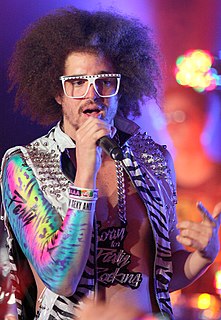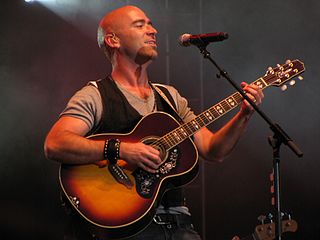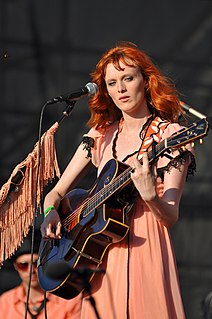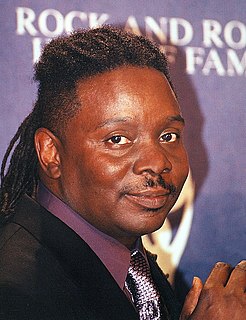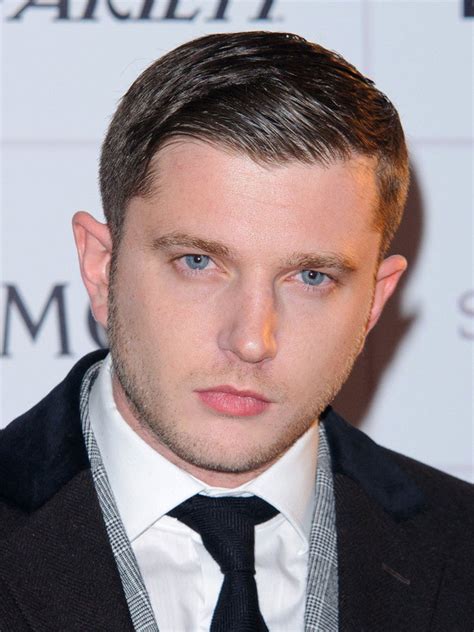A Quote by Jay-Z
With rap, you go in the studio, you make music, you put the music out, then all of a sudden, you're a star: you have a big record on the radio, and you're on stage, and you've never done it before. Let's say your first show is 'Summer Jam,' and you're in front of 60,000 people, and you've never played an arena, ever. You're gonna suck.
Related Quotes
Early on, before rock 'n' roll, I listened to big band music - anything that came over the radio - and music played by bands in hotels that our parents could dance to. We had a big radio that looked like a jukebox, with a record player on the top. The radio/record player played 78rpm records. When we moved to that house, there was a record on there, with a red label. It was Bill Monroe, or maybe it was the Stanley Brothers. I'd never heard anything like that before. Ever. And it moved me away from all the conventional music that I was hearing.
What I did is I bought a drum set and I listened to 80s music, and I played, and I was, like, DJ'ing, and I said, 'this is what I wanna make. This is how I'm gonna give back to the people. I'm gonna make this party music.' It pulled me out of the depression, and then I've never been depressed since.
Those first big concerts we played as 'Throwing Copper' started to really reach people worldwide - I think we played our first big arena show at the George Estate basketball arena down in Atlanta. I remember showing up and standing on stage and just being like, 'I can't believe this is going to be full of people. This is huge.'
As a model, I am at the mercy of everybody else. It's much more of a situation where I go to work, put the clothes on, get in front of the camera, and then go home. But in that process, I never really have control over any of it. So, putting out a record, it's such a brilliant opportunity to be in control of things. It's my world, my music, and I can put it out there in a way that is meaningful to me.
I'm really glad we came up when we did. When we got started, the record companies were concerned with building careers. They made sure you could put on a live show before you put a record out. And if your first album sold 100,000 to 200,000 copies, they were happy, because they figured you had your foot in the door on a way to a long career.
Early American music and early folk music, before the record became popular and before there were pop stars and before there were venues made to present music where people bought tickets, people played music in the community, and it was much more part of a fabric of everyday life. I call that music 'root music.'
Music's totally eclectic now. I saw a DJ the other day, he was on Virgin radio over here, and he said he played "Going Underground", the Jam song, on his breakfast show. Then he got a text from some young kid asking if was a new band. I think a lot of people these days, younger people as well, are aware of all sorts of music, really. If you're into the Libertines you probably also have to be aware of the Beatles, or the Kinks. I think there's a better, possibly greater appreciation for all music, of all eras, I think.
I love the way I make hip-hop and I refuse to make pop-rap. I don't refuse to make mainstream music, which is why I did a soul record. There was no reason why soul music couldn't get played on the radio and I still wanted to have a relationship with my record label. So, I really enjoyed doing the Strickland Banks album. But there's no point in my trying to release underground hip-hop music on a major label. That part of my talent, or part of my art, had to live somewhere else and feature film was the perfect vehicle for it.
I don't think it's changed that much when you go on the principle if Garth introduced more rock into country music, then Florida Georgia Line's gonna introduce more dance and more beat-driven stuff into country music. That's just how it's gonna go. So whatever influences you as a kid, you're gonna put in your music.


